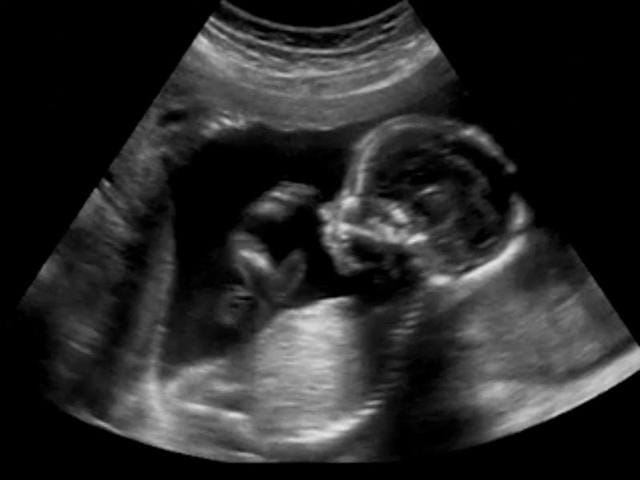Maneka Gandhi’s idea half-baked but we need to look beyond criticism
Union minister Maneka Gandhi’s statement in Jaipur on Tuesday about informing women of the sex of the foetus and then tracking their pregnancies has been severely criticised by several NGOs and public health professionals.
Union minister Maneka Gandhi’s statement in Jaipur on Tuesday about informing women of the sex of the foetus and then tracking their pregnancies has been severely criticised by several NGOs and public health professionals.

“Isn’t it a counter-intuitive idea?” I asked an activist-friend gingerly after reading the news report. She was appalled to say the least, especially since “the question is from a woman” and gave me a long spiel on the issue and the challenges.
Despite a legislation that bans prenatal sex determination, the child sex ratio in India, which shows the number of girls per 1000 boys between the ages 0-6, has come down to 918 in 2011 from 927 in 2001, the lowest since 1961.
Before I go further, here are two caveats: I am not a subject matter expert and I am not supporting the women and child development minister’s suggestion.
But I am surprised by the fact that there is so much opposition to changing/refining a public policy when many of my activist friends and doctors have often talked about how 20-year-old Pre Conception and Pre Natal Diagnostic Techniques (PCPNDT) Act has not delivered for various reasons.
So isn’t it time then that we think afresh about a drastic policy change that keeps an eye on both doctors and also to-be parents? It is pretty well known that foetal sex determination is already happening under wraps abroad by couples.
At the same time, I don’t agree with the reason the minister has given for affecting a change: “There is no point increasing the number of people (doctors and technicians) in prisons, which are already over burdened”.
Whether it is this law or a new one, those who flout it cannot go unpunished. That’s non-negotiable.
Many have said that the onus will be on women if a new law indeed comes into place, and tracking encroaches into a woman’s personal domain. But aren’t pregnant women already monitored by health workers?
The Centre tracks pregnancies through the Accredited Social Health Workers (ASHAs) and Anganwadi workers for immunization and institutional deliveries. So is another mechanism for tracking girl children too much to ask for?
Many will still use dubious methods to get abortions done and avoid institutional deliveries, but then that’s happening even now with the connivance of quacks and healthcare professionals. That will continue whether we have the PCPNDT Act or any other law. So panning this idea or any other one because the present law suffers from implementation challenges may not be the ideal way to move ahead.
Here is a thought: To get people into the system and ensure that there is no discrimination against a girl child, what if the government adds two promises to a new law? One, much stricter punishment for those who violate the law with illegal abortions, and two, an umbrella financial cover and not piecemeal incentives for the mother-to-be and the child up till the girl is 18 years of age.
As for behind-the-door discrimination of girl children and mothers by their own families are concerned, neither the PCPDNT Act nor any other new legislation can stop it. This requires an attitudinal change.
There is in fact an army of people involved in the “mindset changing” business out there. But can anyone tell me what has been the success rate?
As far as Maneka Gandhi’s idea is concerned, it is indeed a half-baked one. But what must also be criticised is the attitude of many who refuse to look beyond the current law and accept that there is a need to think afresh and find new ways of tackling problems. After all, for how long must we flog an almost-dead horse?
(The views expressed by the author are personal)





